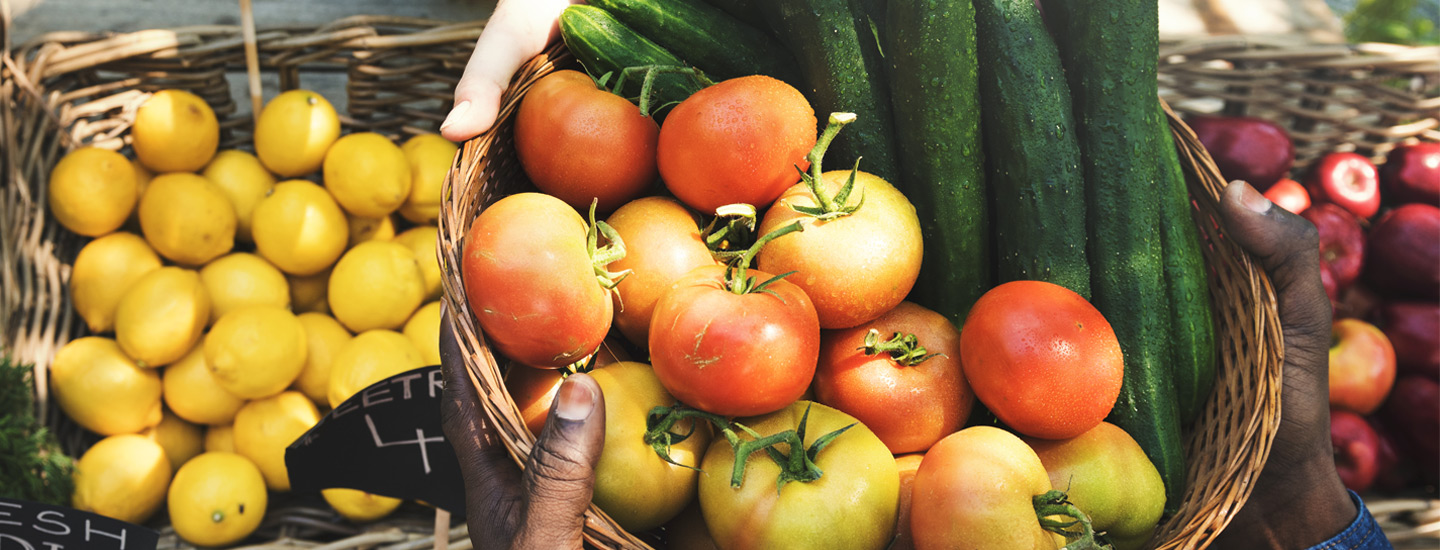WFSU | By Margie Menzel
(To hear audio version, click here>)
Across the country, food banks are struggling to meet rising demand as the Trump Administration cancels $1 billion in food programs and Congress considers giving states responsibility for programs like food stamps. The changes come as anti-hunger advocates fear food insecurity in Florida is back on the rise.
That $1 billion in cuts comes roughly equally from two USDA programs: the Local Food Purchase Assistance program and the Emergency Food Assistance Program.
Feeding Florida CEO Robin Safley says the $500 million that’s been cut from the national Local Food Purchase Assistance program includes roughly $20 million that would have been available to Florida this fall, not only to food banks but to growers for the purchase of Florida products.
“So, it’s definitely going to leave a void for where our food banks were helping meet the need with healthy options and Florida options," she said. "And so not only we as a distribution organization and a purchasing agent with the growers going to have less product, it’s also money that went to Florida commodities.”
At the same time, the Florida Senate is proposing more money for food banks and growers. The proposal includes a $12 million grant program for the Department of Agriculture and Consumer Services to expand food banks, with a focus on rural and underserved areas. It also includes a $38 million competitive grant program to provide fresh food grown or produced in Florida.
Safley calls the Senate’s “Farmers Feeding Florida” proposal a “perfect marriage.”
Orlando Democratic Rep. Anna Eskamani says another problem exacerbating food insecurity is that Florida continues to have some of the worst inflation rates in the nation.
“But ultimately, families are being squeezed," she said. "And they rely on these essential social safety nets to be there for folks. It’s your tax dollars that are coming back to you in the shape of food programs. And it’s incredibly frustrating to know that politics is getting in the way of making sure that all our families are going to have food in their bellies.”
Given the changes in Washington, D.C., Eskamani says, some are concerned that free and reduced school lunches could come to an end.
“And these programs help to break the stigma. They also help to ensure that every child -- regardless of whether they filled out a form or not -- can access food and be able to focus on school instead," she said. "But with all these changes happening at the federal level, there is a risk that we’re going to be losing essential funding for school meals and we’re going to see food insecurity dramatically increase in Florida.”
Food insecurity among children is also a major focus of the School Nutrition Association, which just saw the termination of $660 million in federal funds for the Local Food for Schools program. Spokeswoman Diane Pratt-Heavner says school lunches are the healthiest meal most students get in the course of the day.
“School meal programs are proven to support students’ academic achievement," she said. "We have so much research that proves school meals support well-nourished students, healthy students, allows them to pay attention in class, to be less distracted, less acting out in the classroom when students are nourished and ready to learn.”
But Feeding Florida’s Safley hopes better news could come from the federal government.
“I don’t know that the door is totally shut, right? That’s our hope," she said. "We understand in a transition at the federal level with a new administration that it’s important to take a look at the programs and not make an assumption that you want them to go forward. And so we’re hopeful that the Trump Administration and the U.S.D.A. will understand the role these dollars played with Florida AG.”
According to USDA data, 12 percent of Floridians are food insecure, as compared to the national average of 12.2 percent.

